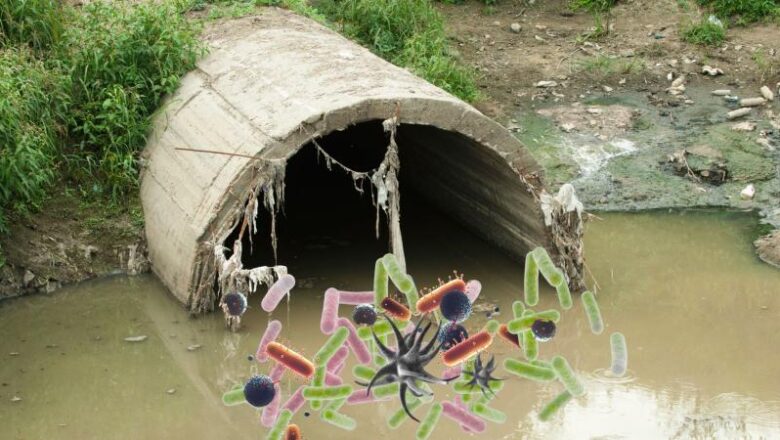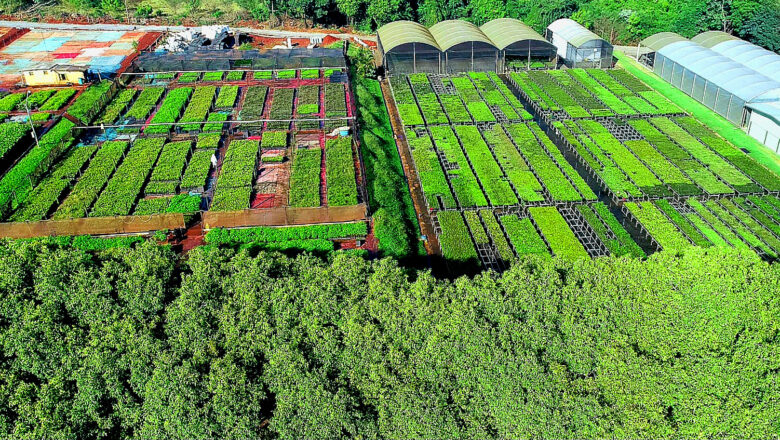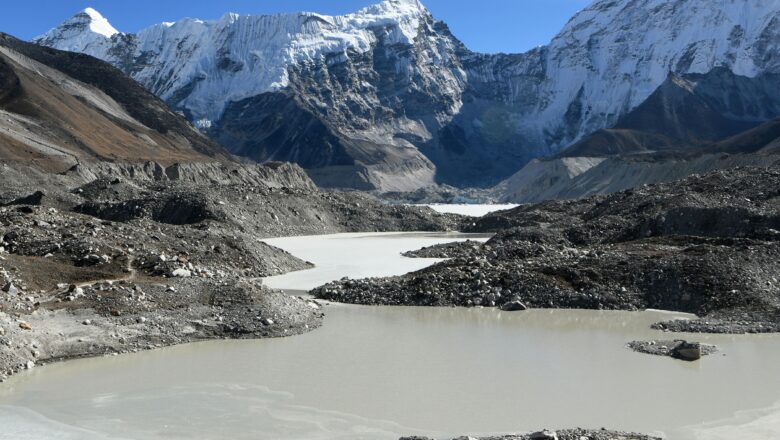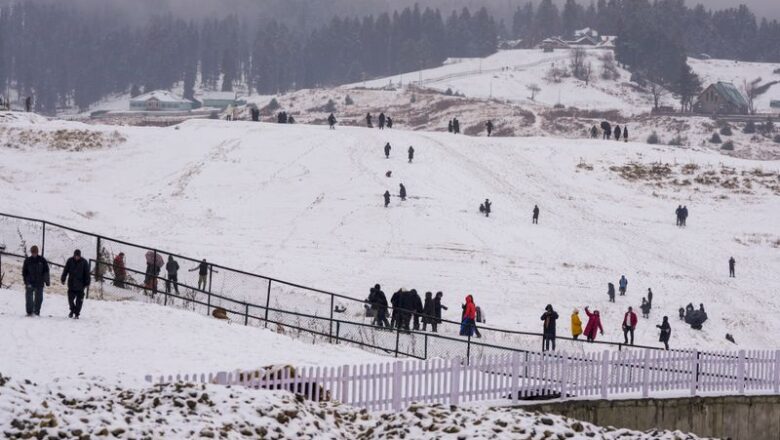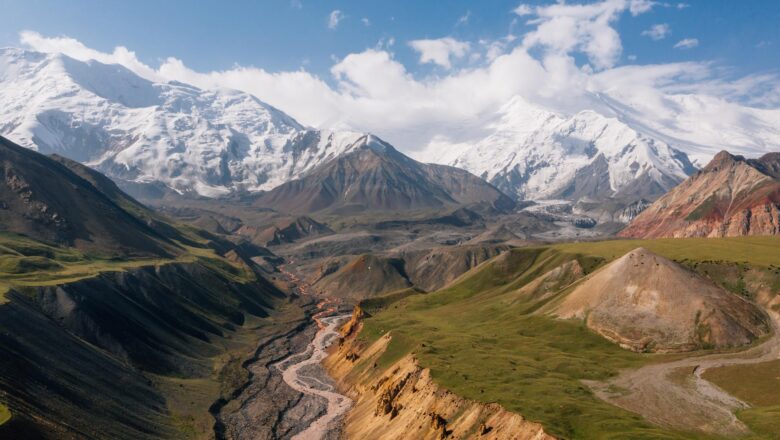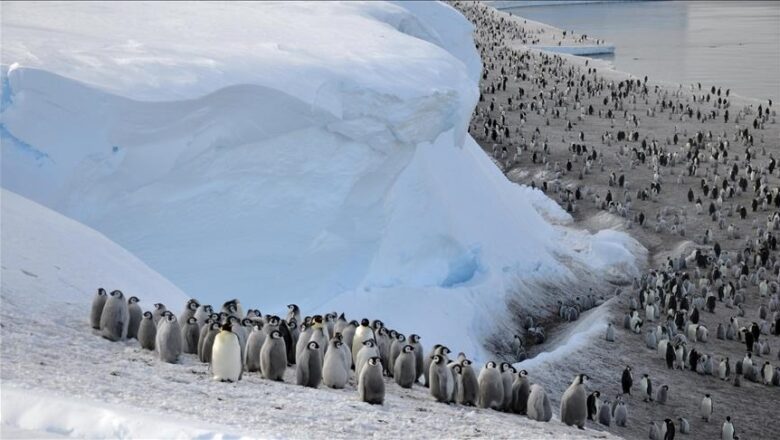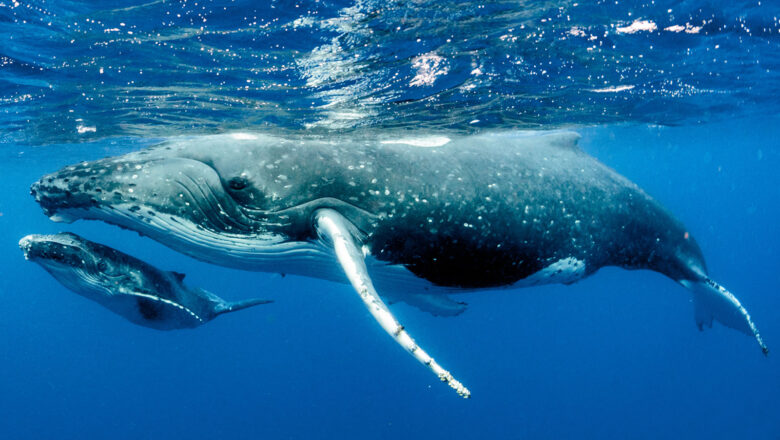
Whales Are Changing Their Diets to Survive a Warming Earth, Scientists Find
In a striking example of how climate change is reshaping marine life, scientists have found that whales are adapting to warming oceans by altering what they eat and how they share food resources. The findings, based on nearly three decades of data, suggest that rising sea temperatures and shrinking prey availability are forcing whales to adjust their feeding strategies in ways not seen for decades.
The study highlights how climate change is not only warming the oceans but also reshaping marine food webs and ecosystem dynamics, with long-term consequences for ocean health.
Long-Term Study Reveals Shifting Feeding Patterns
The research, published in Frontiers in Marine Science analysed more than 1,100 tissue samples from fin, humpback and minke whales collected o...


